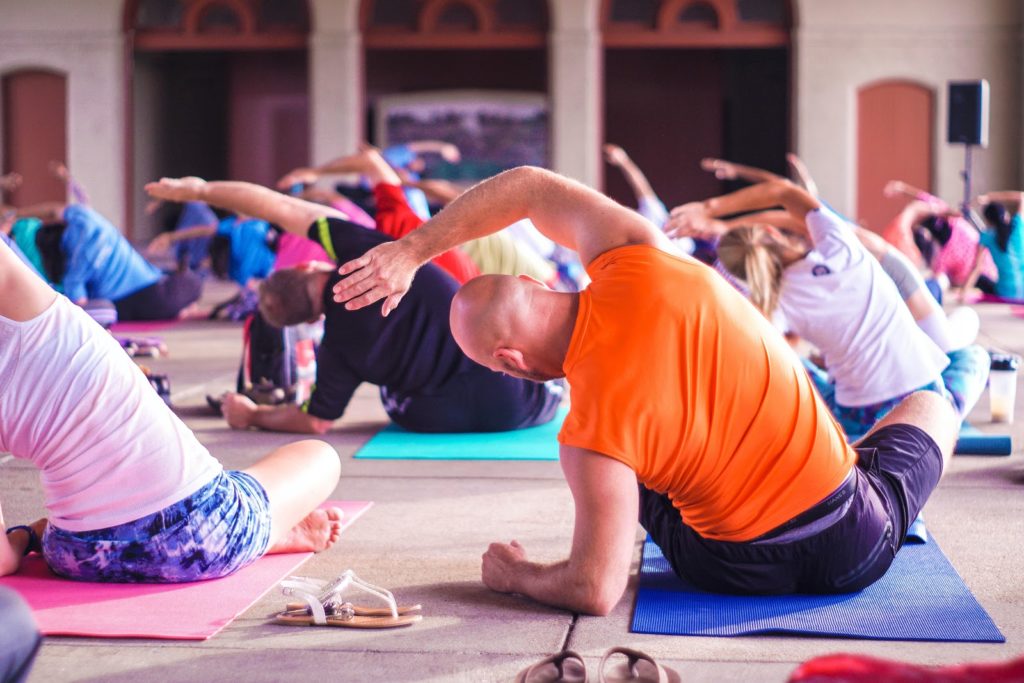Health Tip #2 - exercise.
Each month, we are bringing you a brand new health tip. This month’s focuses on how to choose the best exercises for you as we prepare for the summer months. It’s also the best time to figure out how exercises can work with your angina treatment, sports injury recovery, or how you want to use it alongside ECP heart therapy. The physical, mental, and even emotional benefits of regular exercise is astounding, so read on!
Cardiovascular Health
This section we’re going to talk about the basics of engaging your cardiovascular fitness. This type of fitness, aptly shortened to ‘cardio’, focuses on the ability of your heart, blood vessels, and lungs to work together to give your body the necessary oxygen and fuel for extended periods of time. The easiest thing to get involved in is walking or running, and there are a heap of social clubs you can join to maintain a friendly buddy system. All you really need to do is step outside your front door and head to the streets, park, beach, or hill.
Maintaining a good level of cardiovascular fitness and endurance strengthens your heart and muscles, and can continue that oxygenation of your blood. Working on your cardiovascular fitness alongside ECP Therapy treatments is a great way to ensure holistic health and wellness. Strengthening your heart can help to prevent or manage heart disease, diabetes, or even high blood pressure. It’s great for managing stress, anxiety, and is super beneficial to health!
 Source: Andrew Tanglao
Source: Andrew Tanglao
Strength Training
Muscular strength is another aspect of health and fitness, and it refers to the amount of force a particular muscle group can exert in an all-out effort. Strength training is often seen at the gym, but you can do bodyweight exercises or resistance training such as pilates. If you have any injuries that currently exist, make sure you chat to a licensed personal trainer or doctor to give you the right exercises and not injure yourself further!
Taking Care Of Your Body
If you’re a beginner, start slowly and pace yourself as you go, as you don’t want to push yourself too hard into getting an injury! When taking the time to care for your physical body, it’s important to do a warm-up, a cool down, and have a rest day. Not many of us are paid athletes, so before you do your work out, warm-up for five to ten minutes and slowly start increasing the blood flow to your muscles. A good rule of thumb is to do a slower version of your intended activity. If you are looking to do a brisk walk, warm up by walking slowly and gradually increase pace. For a cool down, stretch out your muscles as this will allow your heart rate and muscles return back to normal.
Sometimes training too hard or too often can also cause injuries, so make sure to listen to your body when it’s asking for rest. Overuse injuries can be stress fractures, sore joints or muscles, and inflamed tendons. No exercise programme works without consistency, so take your take to chat with a personal trainer or a doctor to find one that’s right for you and will benefit your body best!
How to Start Exercising and Stick to the Plan
There are a few ways to get inspired and stay inspired to stick to the plan, so check out our top tips below. This is especially helpful for someone who is going through a sports injury treatment, or looking at angina prevention or treatment.
 Source: Anupam Mahapatra
Source: Anupam Mahapatra
- Set realistic goals
First and foremost, you will want to set realistic goals that can be achieved by you. If your goal is to run 5K, but can’t run yet, start off slow with a walk for 15 minutes. From there you can add in distance and intensity that feels right. This should ideally be instructed by a licensed personal trainer, a physiotherapist, or your doctor to make sure you don’t injure yourself. Making sure everything is checked over by one of these three trained specialists will help to ensure you reach your health and fitness goals too. - What works for you
Choose an exercise plan or fitness regime that works for you, whether that means you love to run and lift heavy, or you prefer pilates and dancing. There is no point in pushing yourself to do an exercise that doesn’t make you happy, as this will only stop you wanting to do it. Take the time to think about when works for you. For example, if you’re a morning person, try to schedule your exercise when you have the energy in the morning! If you’re a night owl, see if you can find a 24 hour gym that allows you to work out as late as you dream. Working out when you have the most energy will give you the best results. - What inspires you
Get inspired! Look at what other athletes have with sports injuiries, and how they approached rehab. Or, look at other patients with heart disease or angina, and chat to your doctor about finding the right programme for prevention or treatment. Maybe find a goal for an event, or look at changing your lifestyle to live healthier. This will help you stay on track!
 Source: Cam Adams
Source: Cam Adams
All of these components are important to finding the right exercise for you and your health needs. However, it’s even more important to check it’s right for you! From the exercise itself, to how much enjoyment it brings you. Chat to a professional, or the team at ECP Health Clinic to find the right programme for you.
